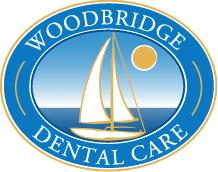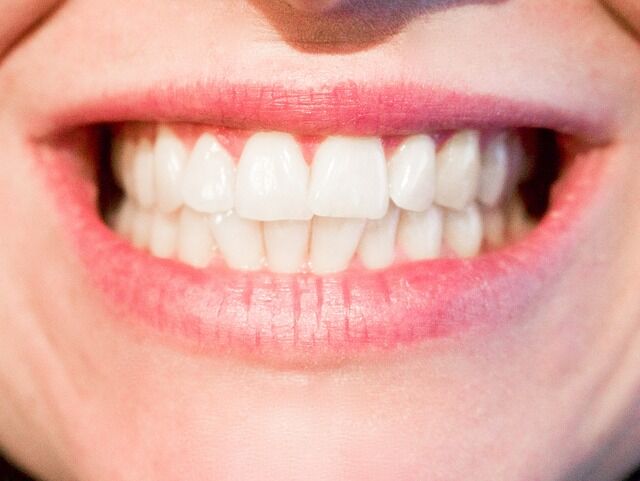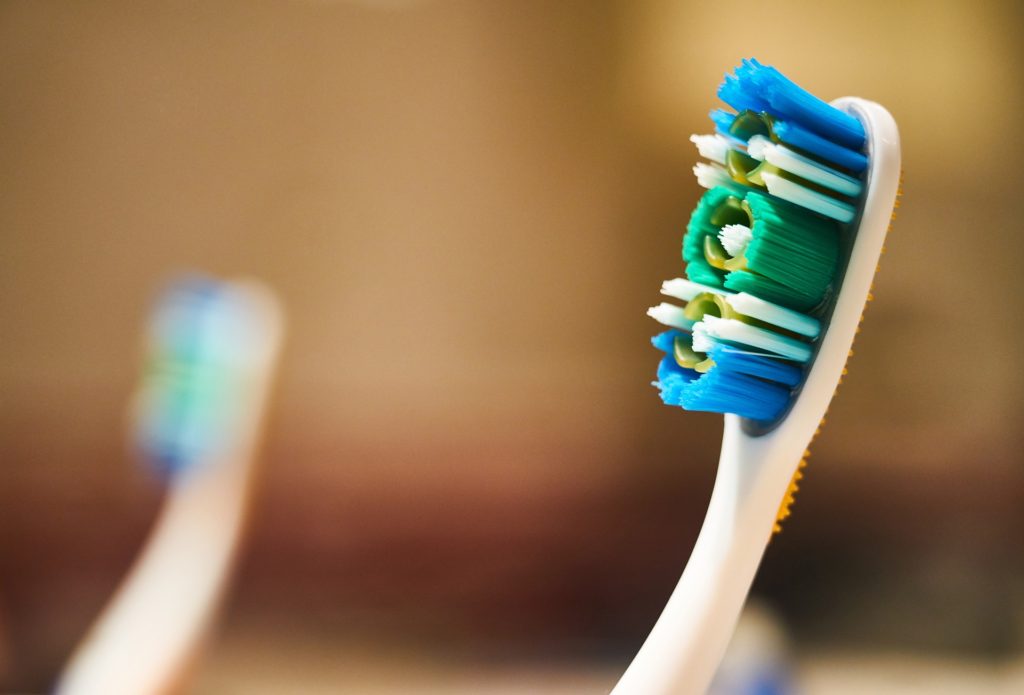
We all know the importance of making a great first impression. Whether you’re going into a job interview or about to go on your first date with someone new, you want to have the confidence that comes with a great smile. After years of wear and tear however, a lot of people end up with teeth that they’re not completely proud to show off. If you feel unhappy with the way your smile looks, don’t worry; there are plenty of options that can help.
Figuring out the best ways to improve your smile can be a daunting task, but our dental team is here to help, offering a range of services dedicated to helping you look and feel your best.
8 Ways to Improve Your Smile
- Teeth Whitening
- Dental Crowns
- Veneers
- Tooth Bonding
- Braces or Invisalign®
- Dental Implants
- Brushing and Flossing
- Regular Dental Visits
There are a myriad of ways you can improve your smile. Whether you decide to pursue a more in-depth treatment at our clinic or simply want advice on how to improve your oral health routine at home, our dentists are happy to help. Our highly trained team offers all the state of the art services necessary to help keep your mouth healthy and your smile shining bright.
It’s clear that there are a lot of treatments available for anyone looking to improve their smile. With options for any budget, there’s no reason to wait to begin your journey towards a better smile. To schedule a professional cleaning or to speak with someone about a personalized treatment plan, contact our office today!














